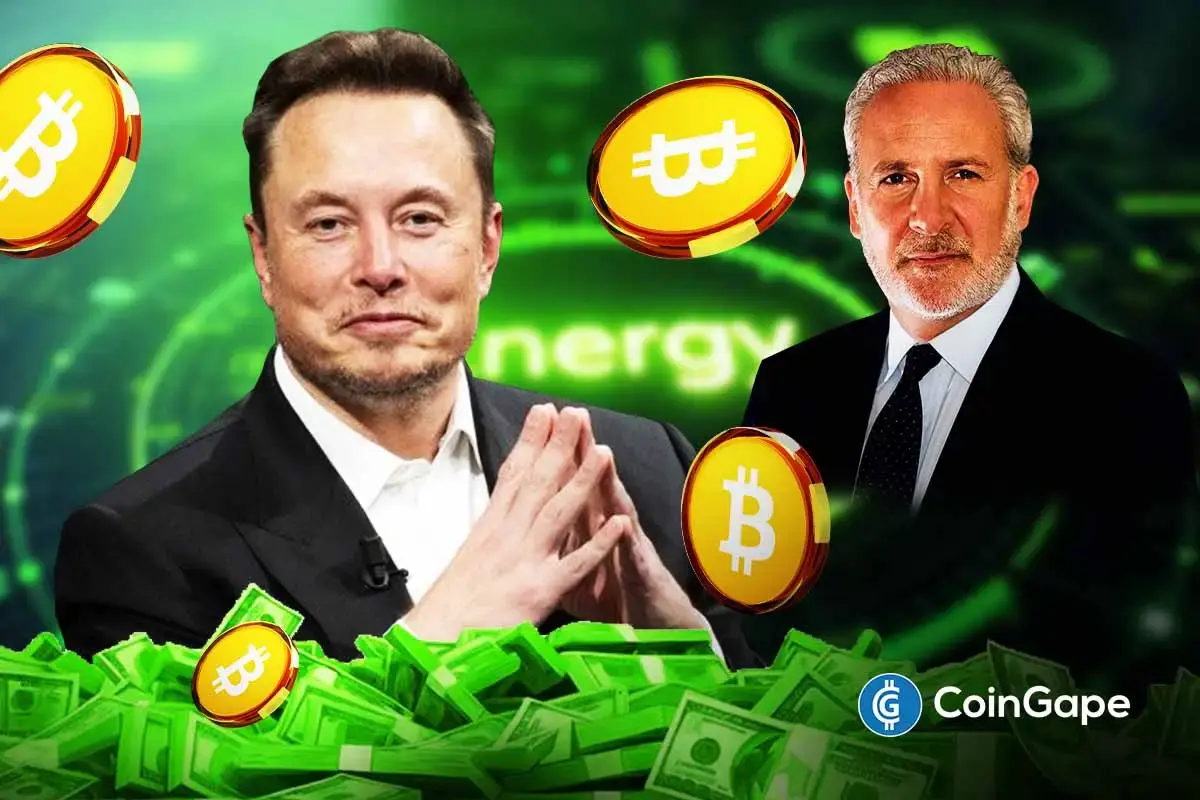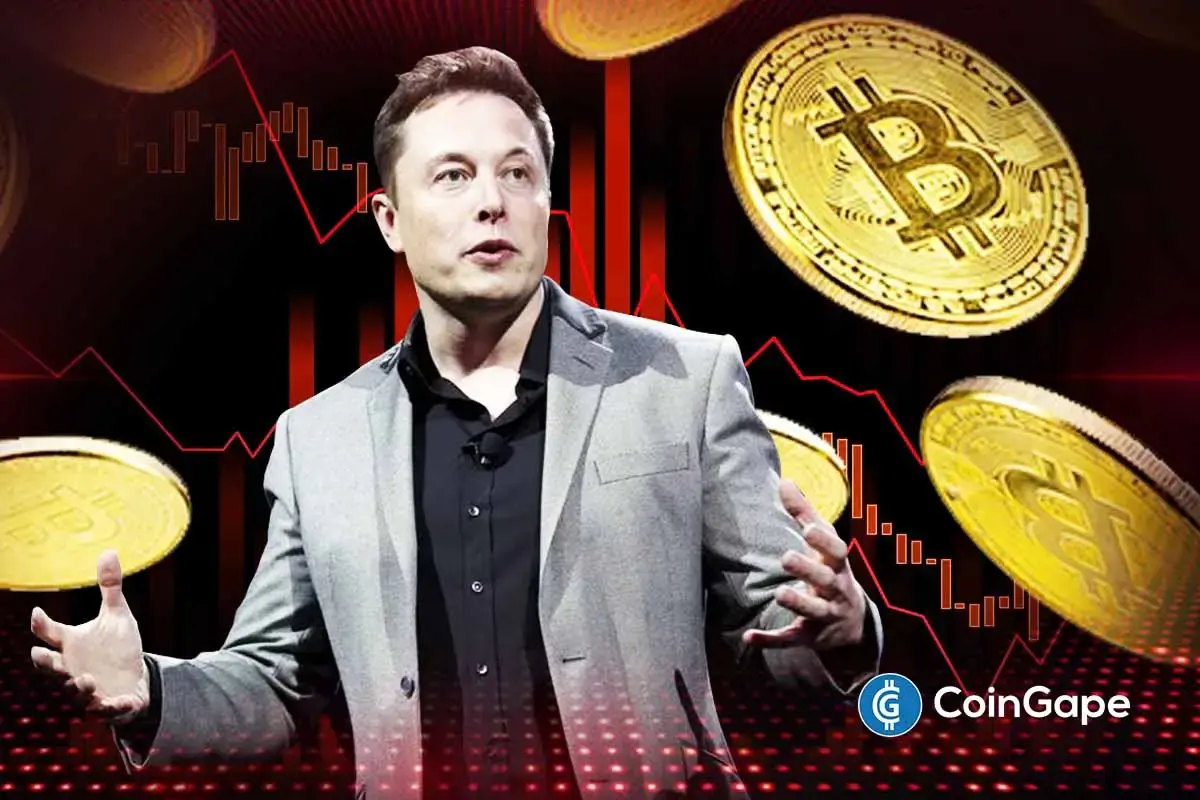US Election: Philadelphia Moves To Block Elon Musk’s $1 Million Giveaway

Highlights
- The Philadelphia DA is suing Elon Musk's America PAC to stop its $1 million giveaway to registered voters.
- The lawsuit claims the giveaway violates Pennsylvania law by operating as an unauthorized lottery and employing deceptive practices.
- The DA argues that the giveaway could interfere with the integrity of elections and compromise voter privacy.
The Philadelphia District Attorney’s Office has filed a lawsuit against a political action committee controlled by billionaire Elon Musk to stop it from giving away $1 million to registered US Election voters in swing states.
District Attorney Larry Krasner filed the lawsuit just days after the US Department of Justice warned Musk’s America PAC that the $1 million sweepstakes may violate federal election laws.
The civil suit, filed in Philadelphia County’s Court of Common Pleas, named Tesla CEO Elon Musk and America PAC as defendants.
Philly DA: Musk’s Giveaway Threatens US Election Integrity
On Monday, the District Attorney for Philadelphia Larry Krasner asked a state judge to block the tech billionaire Elon Musk’s controversial $1 million giveaway targeting registered voters in the coming 2024 US Election.
Krasner is a Democrat and self-described progressive prosecutor. He brought the civil suit against Musk and his pro-Trump organization, America PAC.
As Krasner said:
“The Philadelphia District Attorney is charged with protecting the public from public nuisances and unfair trade practices, including illegal lotteries. The DA is also charged with protecting the public from interference with the integrity of elections.”
Last week, the US DOJ has also warned Musk’s America PAC concerning its ongoing $M voter lottery, suggesting potential law violations. This, however, met a criticism by Dogecoin co-founder Billy Markus, who described the DOJ actions as politically motivated. He added that they resemble tactics often associated with authoritarian regimes.
A Giveaway Too Good to Be True – Legal Challenge Filed
The lawsuit also claims that Musk said to give a $1 million prize to registered voters who provided personal information. These data include an address, phone number, email address and a signed petition pledging support for the Constitution.
The suit argues that America PAC and Musk are inducing the citizens of Philadelphia and residents in the Commonwealth and other swing states to give up personal information and a political commitment in return for an opportunity to win $1 million dollars.
It calls that set up a lottery and claims it is “undoubtedly an illegal one.” According to the lawsuit, Pennsylvania law requires all of the state’s lotteries to be conducted by state officials. It also alleges Musk’s lottery runs afoul of Pennsylvania’s consumer protection laws. It reportedly consists deceptive, ambiguous, or unclear statements likely to confuse or mislead.
Michael Morse, an assistant law professor at the University of Pennsylvania Carey Law School, recently also wondered if Musk’s actions were legal. He said that this approach is legally dubious at best. Federal law bars payments to induce someone to register to vote, but Morse said a petition could be considered an inducement to register to vote.
DA Krasner: PAC is a Threat to Public Interest and Election Integrity
Play 10,000+ Casino Games at BC Game with Ease
- Instant Deposits And Withdrawals
- Crypto Casino And Sports Betting
- Exclusive Bonuses And Rewards

- Goldman Sachs CEO Predicts ‘Weeks’ of Crypto Market Crash as U.S Iran War Continues
- Polymarket Axes ‘Nuclear Detonation’ Prediction Market Amid Public Fury
- Indiana Signs Bitcoin Bill Into Law Allowing Crypto in Retirement Plans
- ‘Time to Act Is Now’: CFTC Chief Pushes Swift Passage of CLARITY Act
- Trump Tells Congress to Pass Crypto Market Bill ‘ASAP,’ Blasts Banks for Stalling
- Gold Price Prediction March 2026: Rally, Crash, or Record Highs?
- RIOT Stock Prediction as Needham, Piper Sandler Slash Target After Earnings
- Cardano Price Outlook As Charles Hoskinson Warns Over CLARITY Act
- Circle Stock Price Climbs 15% to $96, Can Rally Continue in March 2026?
- Bitcoin Price Prediction as US-Iran War Enters 4th Consecutive Day
- Top 5 Historical Reasons Dogecoin Price Is Not Rising

 Buy $GGs
Buy $GGs
















